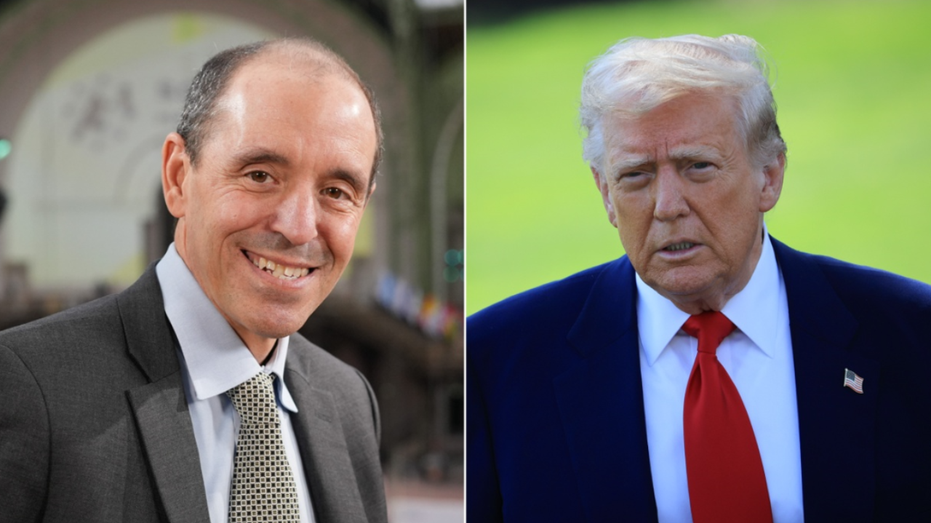De minimis ends: Consumers to pay the price as Trump kills 'big scam' that helped China's Shein, Temu

The US will from Friday start imposing tariffs on small packages shipped from China, scrapping a long-standing exemption that America's President Donald Trump has called a “big scam”. The decision to end the so-called “de minimis” exception is expected to have wide-ranging effects on American consumers who have increasingly purchased cheap clothing, household goods and other products from discount Chinese marketplaces such as Temu and Shein Group Ltd. It could also deal a heavy blow to independent online sellers who rely on Chinese imports. Trump last month signed an executive order closing a loophole that has allowed items from China and Hong Kong valued at no more than $800 to enter the US without customs declarations and import duties. The Trump administration has said it’s taking aim at the de minimis exception because it could be exploited to send ingredients used to make illicit fentanyl into the US while avoiding detection by authorities. The US president also said the exemption has benefited Chinese e-commerce shopping platforms at the expense of US mom-and-pop retailers. Trump calls de minimis a 'big scam' “De minimis. It’s very — it’s a big deal. It’s a big scam going on against our country, against, really, small businesses and we’ve ended it,” Trump said Wednesday during a cabinet meeting. Packages from China and Hong Kong will now be taxed at a rate of 120% of their value or charged a flat rate. That fee starts at $100 and is set to increase to $200 on June 1. While Americans can still buy goods from places such as Temu and Shein, their costs will likely increase as retailers hike prices ahead of the tariffs. The change takes hold as Americans grow increasingly skeptical of Trump’s economic agenda and tariff programme. A disruption of shopping patterns could put further pressure on the White House to broker a deal with China to bring down trade barriers. Trump has acknowledged in recent days that American consumers are facing a new landscape due to his tariffs, saying that children may have “two dolls instead of 30 dolls” to pick from on store shelves and “maybe the two dolls will cost a couple of bucks more than they would normally.” What is the de minimis route? The de minimis rule exempts low-value imports from customs duties and standard screening procedures. In the US, shipments under $800 qualify for duty-free treatment when sent directly to individual consumers. This is one of the most generous thresholds worldwide. Initially introduced in 1938 to reduce administrative burdens, the de minimis threshold was raised from $200 to $800 during former US President Barack Obama's tenure. This change facilitated a surge in small-value imports, particularly from e-commerce platforms. Trump’s administration cited national security concerns as the primary driver behind suspending the de minimis exemption for China, along with Canada and Mexico. Platforms like Shein and PDD Holdings' Temu have benefited from the de minimis route by shipping low-value packages directly from China to US consumers without incurring tariffs. This competitive advantage has put pressure on American retailers. Blocking the de minimis route forces these companies to pay tariffs, levelling the playing field.In the past 10 years, the number of shipments entering the United States using the de minimis exemption has grown by more than 600%. It went from around 139 million shipments a year in fiscal year 2015 to over one billion by FY2023. In FY2024, this number rose again to more than 1.36 billion. This rapid increase had made it harder for U.S. Customs and Border Protection to properly enforce trade laws, health and safety standards, intellectual property rights, and consumer protection rules, according to U.S. Customs and Border Protection's website. Price hikes start Shein has raised prices on products, from dresses to kitchenware, ahead of the new tariffs. As of Friday, the average price for the top 100 products in the beauty and health category increased by 51%, with several of the items more than doubling in price. Temu also appears to be passing all of the taxes on to consumers, more than doubling the cost of some products. The de minimis exemption, which dates back to 1938, is higher in the US than in other countries. It’s about $40 in Canada and about $150 in the Euro area. Around 4 million small packages claiming the exemption entered the US each day in 2024. More than 1 billion individual shipments to the US a year claim the exemption, up from around 140 million a decade earlier, according to a 2024 White House fact sheet. What’s next De minimis packages from places other than mainland China and Hong Kong are poised to lose their tariff exemption too once a system to “expeditiously process and collect” the duties is in place, according to an executive order issued by Trump. DHL Group Chief Executive Officer Tobias Meyer said Wednesday that the impact of the de minimis change on the Bonn, Germany-based logistics company is uncertain and depends on how the “fine print” is implemented. In particular, he said, it matters how “formal versus informal customs clearances are defined.” “For us it makes a big difference because for a formal clearance into the United States, you need additional data items,” Meyer told Bloomberg Television on Wednesday, adding that companies are wondering if new forms will be needed for smaller packages.(with Bloomberg inputs)



















